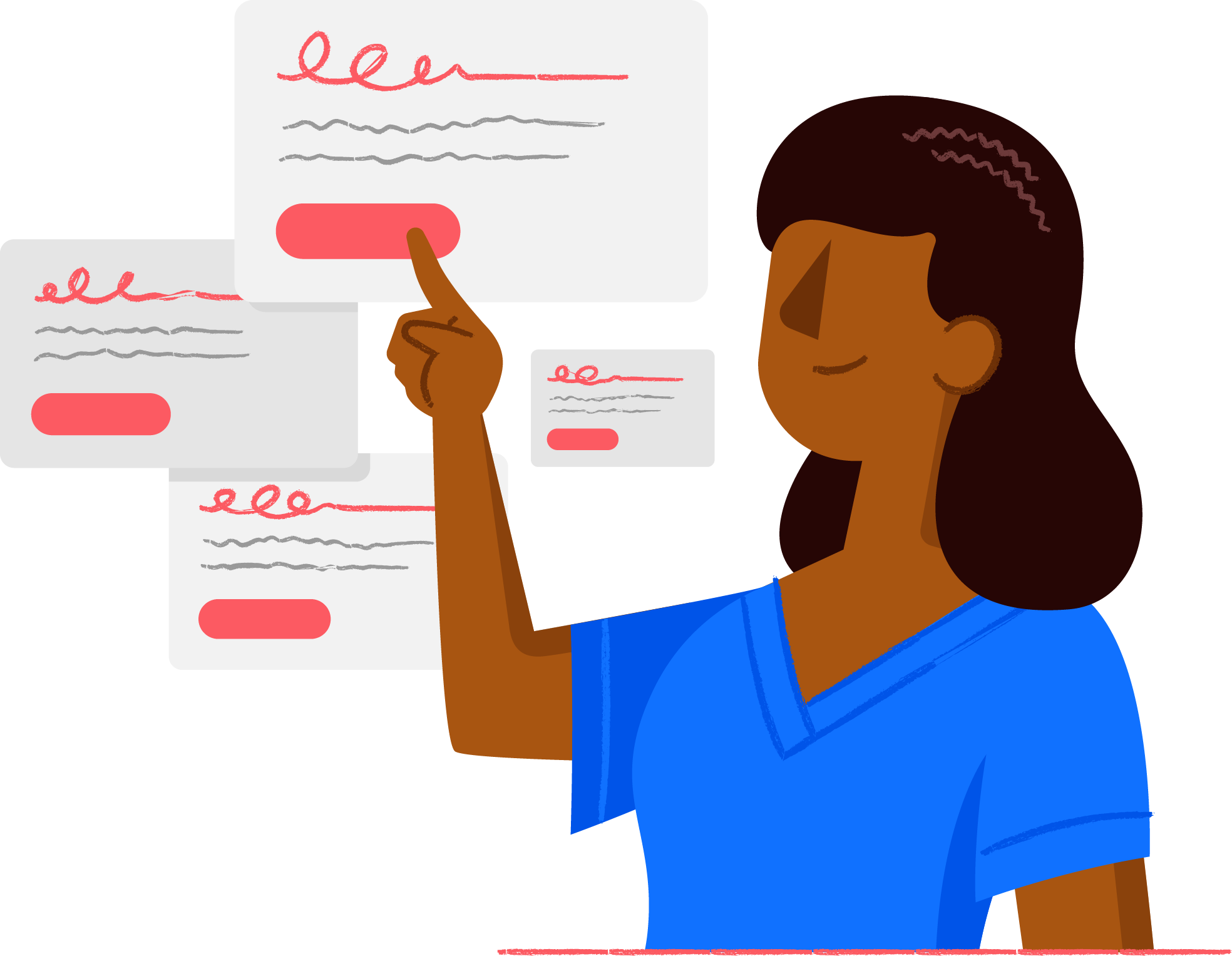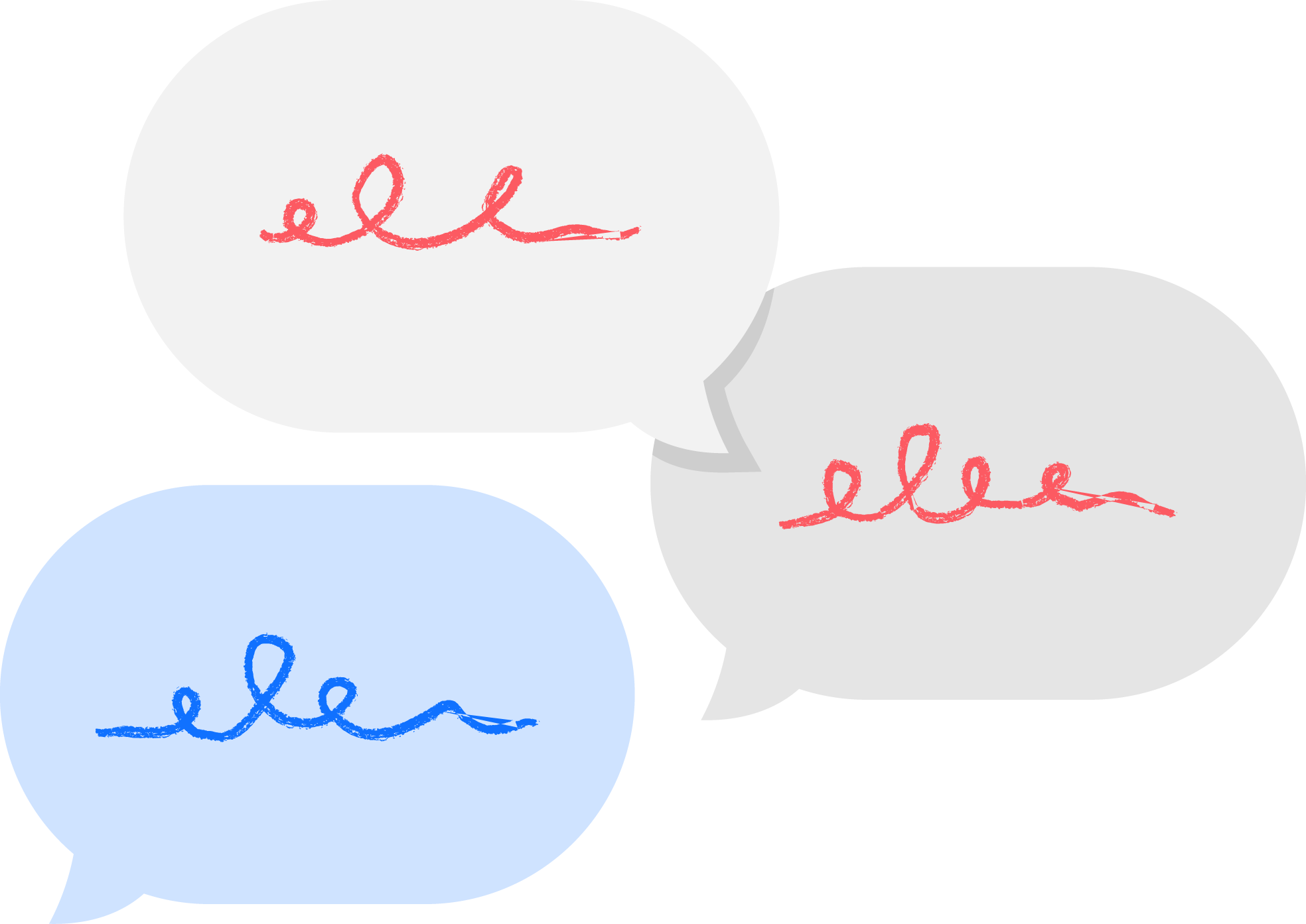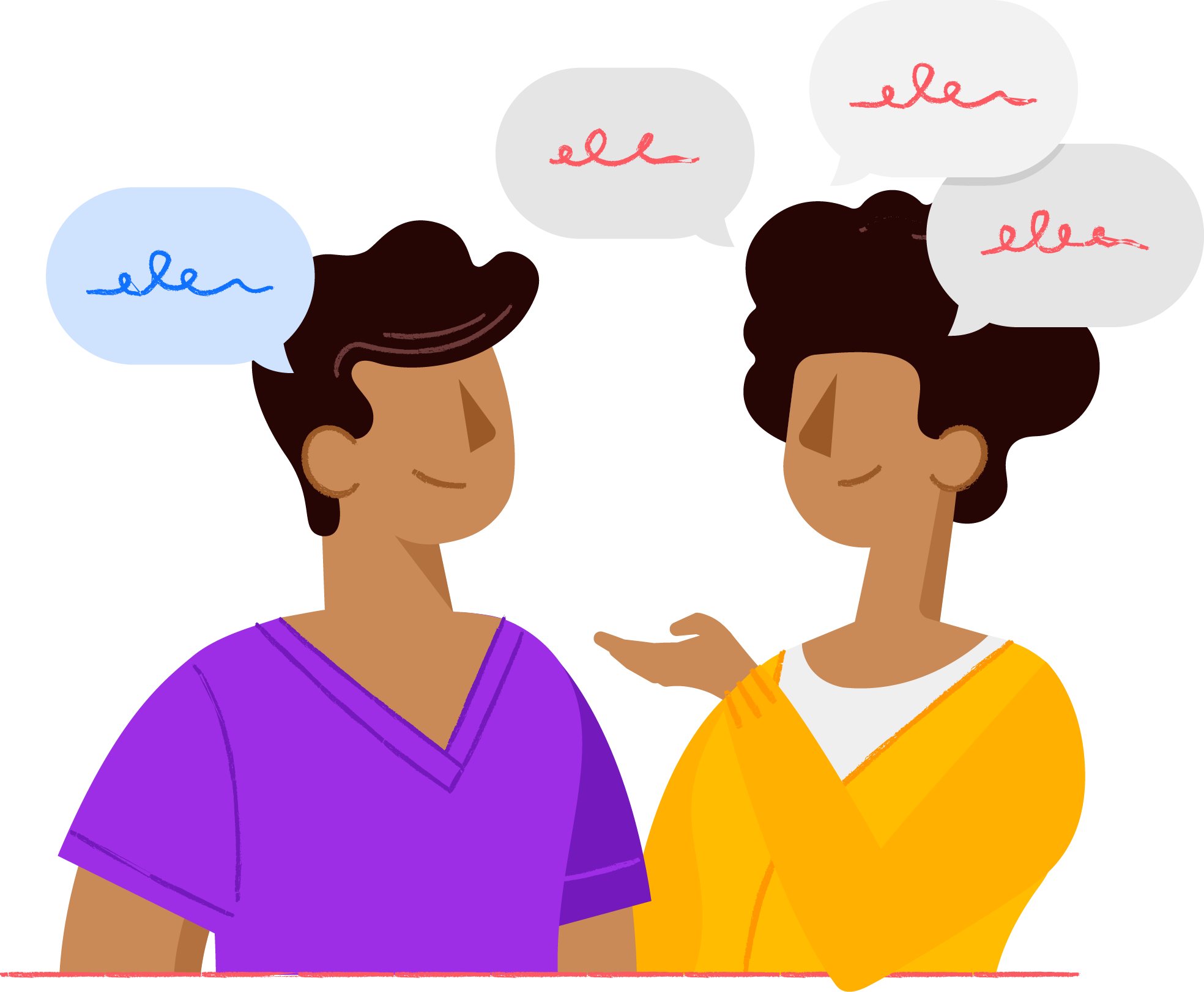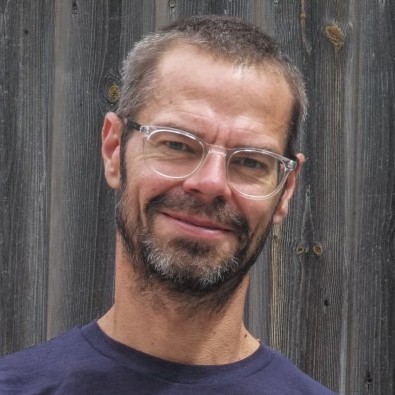- 14 March 2011
- 8 min read
Headway Devon - working with people who have an acquired brain injury
SubscribeWe speak with Anne Mattock, Chief Executive of Headway Devon about the importance of social care and support for people living in the community with acquired brain injury.
Can you tell us a bit about the work that Headway Devon does with people who have acquired brain injuries and their families?
Headway Devon is a local charity supporting adults and children with brain injuries, their families and carers. Our aim is to ensure that when someone’s life is turned upside down by brain injury, they get the help and support they deserve. We run six adult day centres throughout Devon and one children’s centre.
We run an outreach programme providing one-to-one support in the community and we can provide advocacy for those who need it. Headway Devon supports carers by offering advice and information, as well as signposting to other useful organisations.
The client services we provide allow for valuable respite opportunities for families and carers.

Search Jobs
1000s of jobs for Nurses & Care Professionals. No.1 for UK nursing, care & healthcare jobs.
Search JobsOne of the key services you provide are centres that adults and children can attend in order to meet others with similar difficulties. Can you tell us about the healthcare staff involved in providing rehabilitation through these services?
We have six adult centres in Devon, one in Exeter, Torquay, Exmouth, Tiverton, Honiton and Okehampton. The children’s centre is also in Exeter. These centres provide a vital social space for people with ABI to meet, share experiences and develop friendships.
Our specialist staff devise a structured programme of activities to help improve skills and develop confidence. All this would not be possible without the hard work and dedication of our staff and volunteers at the centres.
We welcome people from a variety of backgrounds; in fact our diverse workforce is one of our strengths, offering a wide skill mix and varying perspectives on life. This is particularly valuable to our clients, helping to break down barriers and easing communication.
Your outreach services provide support for people in their own homes. What sort of tasks does an outreach support worker undertake to help someone?
Each client has an individually tailored care plan based on a needs assessment and individual goal setting. Our specially trained outreach support workers will undertake tasks that work towards these objectives.
This may involve helping to access employment and education, providing help with housing issues or supporting people with tasks such as budgeting and shopping. Other tasks may involve promoting healthy living by encouraging physical activities such as swimming or walking and encouraging activities to boost confidence levels including art and photography.

What Do You Think?
Ask questions, comment and like this article below! Share your thoughts, add your opinion in the comments below.
CommentHow can someone’s mental health, emotional stability and physical capabilities be affected by an acquired brain injury?
Brain injury can happen in an instant and can change someone’s life forever.
Brain injury can leave an individual with lifelong disabilities including cognitive, psychological and physical difficulties, as well as personality change. As a result, brain injury survivors often find that they must re- evaluate their lives, their family roles and their occupational goals.
The complex array of disabilities that accompany brain injury can lead to the breakdown of personal relationships, unemployment and social isolation.
Headway Devon seeks to enable clients to come to terms with their new lives. We support people with brain injuries to build confidence, self-esteem and develop coping strategies.
We also seek to bridge the gap to the wider community by raising awareness and understanding amongst their families, health and social care workers and the general public.
Public awareness of the effects of Acquired Brain Injuries is arguably greater than 10 or 20 years ago. Do you think that there needs to be greater awareness of difficulties that someone living with an acquired brain injury face?
It is vitally important that charities like us continue to raise awareness surrounding brain injury ensuring that people know where to turn when they need support and understanding. Each year an estimated 1 million people attend hospital A&E in the UK following head injury.
Many more head injuries go unreported and are not assessed by medical professionals. Despite the large numbers of people sustaining brain injuries every year, there is very little public awareness of the fact that even a minor brain injury can cause lifelong disabilities.
Even now, most people are largely unaware of ABI unless it happens to someone they know. The nature of the condition has led to the term ‘the hidden disability’, as the injury is not always evident and the effects are then attributed to some other cause – this can contribute to the feelings of isolation often experienced.
Headway Devon provides training to professionals working with people who have an ABI. Through a series of experiential workshops our training gives an insight into how it is to live with an ABI whilst also offering some great advice on how to work with these challenges.

Become A Community Contributor
Share your story to help and inspire others. Write or create a video about your job or your opinions!
ContributeWhat range of skills do you employ in your team of healthcare professionals?
The key skill we look for in all our staff is the willingness to learn and adapt to the post. We provide an extensive programme of specialist training which means that prior knowledge of brain injury is not required.
We take a holistic, enabling approach which requires a great deal of flexibility – the work is not usually about helping people; more helping them to help themselves.
Do you work with any public sector departments such as the local authority, PCT or social services?
Yes, since Headway Devon began we have worked closely with Devon County Council, Torbay Care Trust, complex care teams and care managers. We have close links with a local ABI team and a well known NHS neuro-rehab unit.
Helping someone to recover from a brain injury is clearly a long and involved process, have you found it helps to have continuity of staff in your team?
There are definitely two sides to this coin. The senior staff team of Headway Devon, along with many centre managers and outreach workers, have been with us for many years. This helps to build trust and maintain a long-term, slow –stream rehabilitation programme for clients.
Equally important is the fresh wave of enthusiasm, ideas and experience that each new worker brings to the table. Without this we could not continue to grow and diversify as an organisation.
Your organisation relies a great deal on the assistance provided by volunteers. Can you tell us more about the kind of tasks volunteers can undertake?
There are a variety of ways in which volunteers make a valuable contribution to the charity. Many help at the day centres working one-to-one with clients, encouraging social interaction and helping with the development of new skills, all whilst gaining invaluable personal experience.
Volunteers are vital to Headway Devon - our board of trustees are all volunteers, and others help out with, for example, organising fundraising events.
And finally, how can anyone that is interested in working for you or volunteering with you find out if you have any vacancies?
We are always interested to hear from people regarding volunteering and job opportunities, please email info [at] headwaydevon.org.uk or call 01392 211822.
Our sincere thanks go to Anne Mattock from Headway Devon for taking the time to talk to Socialcare.co.uk.






About this contributor
Nurses.co.uk Founder
I launched Nurses.co.uk (and subsequently Socialcare.co.uk, Healthjobs.co.uk and Healthcarejobs.ie) in 2008. 600 applications are made every day via our jobs boards, helping to connect hiring organisations recruiting for clinical, medical, care and support roles with specialist job seekers. Our articles, often created by our own audience, shine a light on the career pathways in healthcare, and give a platform to ideas and opinions around their work and jobs.
More by this contributorWant to get involved in the discussion?
Log In Subscribe to comment